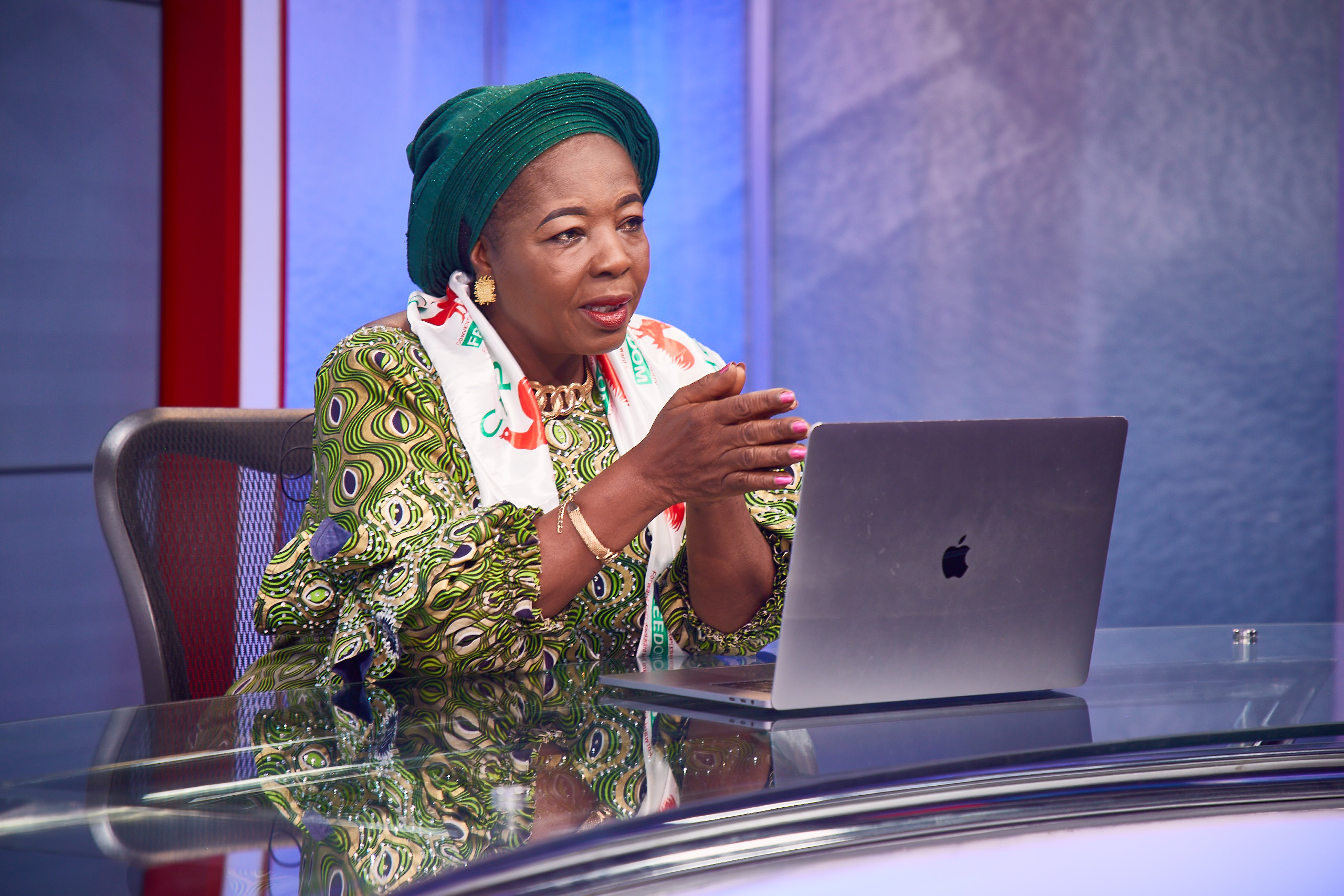Published
4 months agoon
By
Diella Teku
Nana Frimpomaa-Sarpong Kumankoma, flagbearer of the Convention People’s Party (CPP), has sharply criticized Ghana’s current democratic system, declaring it incomplete without a focus on human development. According to Kumankoma, Ghana’s political structure fails to meet the true essence of democracy—a government that serves the people by prioritizing their welfare and development.
Speaking on TV3’s Hot Issues on October 6, 2024 which was monitored by adwoaadubianews, she argued that while democracy in Ghana may be functional in its form, it lacks the human interest component that empowers citizens to thrive. “The Ghanaian has reached a point where there’s a missing element in our democracy—what I bring to the table is the human touch,” she emphasized, stressing that her leadership would reintroduce this essential aspect to Ghanaian governance.
Kumankoma expressed frustration with the disconnect between government policies and the everyday struggles of Ghanaians, particularly the youth. “You don’t need a degree from Harvard or Yale to see that young people in this country cannot afford a decent meal on their salaries,” she said, pointing to the rising cost of living and stagnant wages. She highlighted the burden of transportation costs, which eat into wages, making it nearly impossible for the average worker to live comfortably.
She further explained that democracy, by its very definition, is supposed to be “for the people,” meaning governance should center on empowering individuals within their communities to be self-reliant. However, she believes this fundamental principle has been lost in Ghana’s current political system. “The sovereignty we have, which is meant to allow us to govern ourselves and develop our people, is missing,” Kumankoma added, signaling her intention to restore this vision of democracy.
Her critique points to a larger issue: the disillusionment of many Ghanaians who feel disconnected from the benefits of democracy. Kumankoma’s message is clear—Ghana’s democracy needs to shift from politics as usual to a system that genuinely invests in its people, ensuring that economic and social policies uplift all citizens, not just the privileged.

























